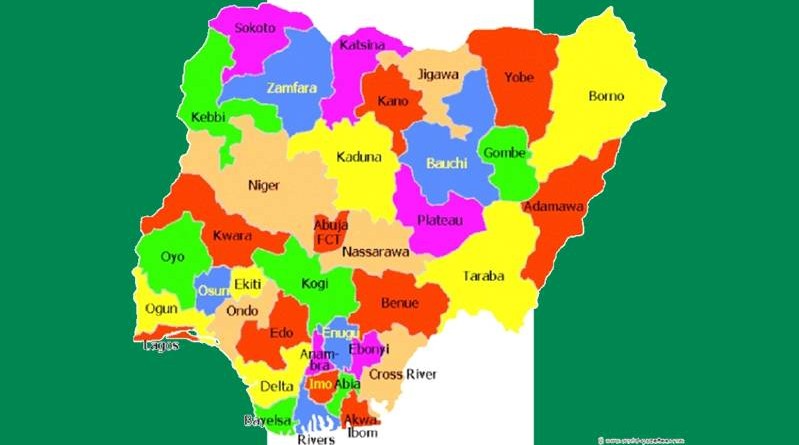Nigeria to benefit from $200bn crop fortification programme
There are indications that Nigeria is one of the countries listed in Africa to benefit from the $200 billion revolutionary crop fortification and production programme that is expected to provide bio-fortified food for Nigerians.
Reports gathered from the United States-based agency, Harvest Plus, revealed that the organisation was ready to release the grant to Nigeria via the International Institute of Tropical Agriculture (IITA), in Ibadan, Oyo State, in order to provide bio-fortified foods.
It revealed that the Chief Executive Officer of Harvest Plus, Beverly Postma, was in IITA to sort out arrangement for the disbursement of the fund.
She said the organisation’s vision is to help provide enhanced food nutrition for youths and women in Africa, Asia and the Caribbean through the programme.
She equally noted that children and pregnant women were the most vulnerable to sicknesses associated with poor nutrition.
It was gathered that Postma was concerned with the high mortality being experienced as a result of malnutrition in the world.
She was quoted to have said that at least 53 per cent of deaths in women and children worldwide resulted from malnutrition, according to the World Health Organisation (WHO).
In Nigeria, the situation is even more alarming, as records show that malnutrition kills 100 children and at least six women of child bearing age every hour. In many cases, they die not only because they lack food, but also essential micro-nutrients.
She explained that HarvestPlus was committed to using agricultural solutions based bio-fortified and nutritious foods in tackling the menace in Nigeria.
On his part, Country Manager of HarvestPlus, Paul Ilona, admonished Nigerians to be watchful of what they eat, noting that majority of those who suffer from instability in diets were low income level rural dwellers, who earn below one dollar per day.
Ilona, therefore, endorsed bio-fortified food crops, saying it would increase the nutritional value of grown crops and promote healthier living among the people.
According to him, fruit trees have been overtaken by ornamental trees, reducing the country’s nutritional density, which requires the need of bio-fortification. He explained that bio-fortification is meant to multiply the density of vitamins and minerals in the crop via plant-breeding or agronomy practices, so that when consumed, crops would generate the required vitamins and minerals for the body.
His words: “Urbanisation is seriously affecting the dietary diversity of Nigerians and there is need for more nutritious foods that will enhance our capacity.
“Ornamental trees are good, but will not add value to our nutritional requirements, which is why I say urbanisation is good, but we have not managed it well.” He lauded the marketing efforts of farmers, adding that the project had so far made a turnover of one million tons of cassava produce and 200,000 tons of maize crops. Ilona explained that Nigeria would have successfully produced other bio-fortified crops including maize, peas and rice.
SOURCE: Newtelegraph




